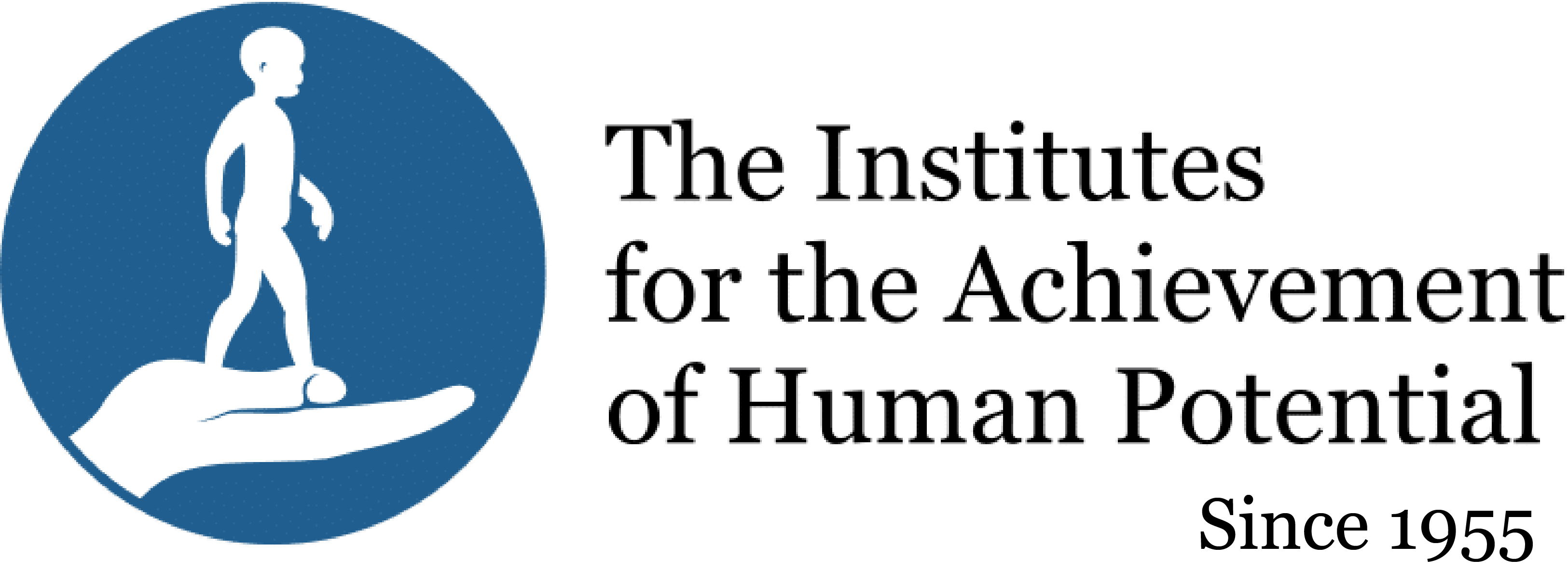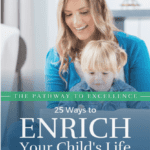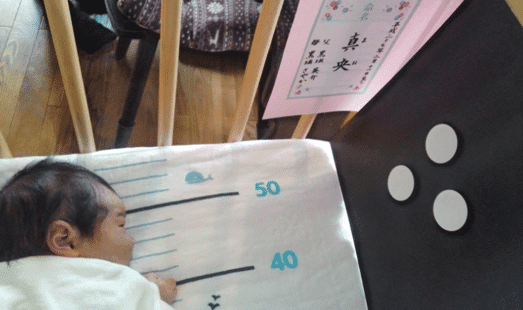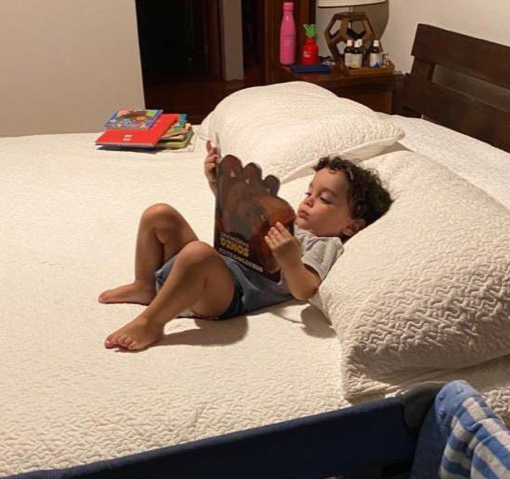Myths About Reading
Myth # 1 Children who learn to read before they go to school will be bored when they go to school
This is not a myth.
Children who learn to read before they go to school will be bored when they go to school. But so will the kids who did not learn to read before they went to school. All kids are bored when they get to school.
This is because school is boring.
They enter school thrilled to be there and full of anticipation but unfortunately what awaits them is not what they expect. Once the thrill of the new backpack and the school bus has worn off most first graders settle down to the reality that school is boring. They are rarely given a choice whether they want to go to school or not so they learn to accept the fact that they spend many hours each day waiting for recess, waiting for lunch and thrilled when they can at last return home.
The question is not who will be bored but rather who will handle the boredom the best. Very sharp first grade teachers often give the child who can read the opportunity to go to the library and read while the teachers teach all the rest of the kids to read. This is a wonderful thing for the child who can read. Even brighter teachers enlist the help of the six-year-old who can read to help teach the other kids especially the children who will be struggling to learn even a few words. This is a superb chance for our little reader to really make a difference and to strengthen his own ability along the way.
The children who cannot read when they get to school will suffer through – some of them learning to read a few hundred words by the end of the year. 35 % will not master those few hundred words and will range from frustrated to crushed and demoralized by the experience.
It is good, not bad, to be able to read when you get to school. It helps the child to be “school-proof”.
Myths: Reading Early – Children Love Learning

Myth #2 Teaching a child to read before school will make him a nasty little genius
Well, at least this myth acknowledges that children who learn to read when they are young will gain information and, as a result, have increased intellectual growth as compared with a child who is not given this opportunity. This is true.
When a child is given the ability to read he can explore the world through books. He is no longer completely dependent on adults and can make his explorations all by himself.
Yes, he gains a lot of knowledge this way as any good reader does. He also gains confidence in his own ability to learn.
Yes, he will take that knowledge into school with him. However, this myth assumes (incorrectly) that knowledge leads to nastiness.
The good news is that it does not.
Children are not naturally nasty. Children are naturally kind and generous unless a nasty adult spends a lot of time being nasty to them and teaching them to be nasty to others.
Those children who have spent a lot of time nose-to-nose with mother or father at home learning to read also gain a great deal from this experience socially.
They are confident and happy with themselves. It is our experience over half a century that these children are much more likely to be the peacemakers in school. They are the ones befriending the kid that others are picking on. The bullies are those children who do not feel confident and happy. It is a simple as that. So this myth is totally incorrect – your child loves any kind of learning!
Myth # 3 Very young children cannot learn to read because they have a short attention span
Look carefully at an 18-month-old and see what he does. Often he drives everyone crazy.
Why?
Because the tiny child will not stop being curious. Little children cannot be dissuaded or disciplined out of their desire to learn – no matter how hard we try. The child wants to learn about the lamp, and the coffee cup, and the electric socket, and the newspaper and everything else in the room which means that the lamp gets knocked over, the coffee gets spilled and the newspaper gets shredded. We conclude that the tiny child is hyperactive and unable to pay attention.
But the truth is that the child pays attention to everything.
There are only five pathways into the brain. We can see, hear, feel, taste and smell. The very young child will use all of these pathways in learning about the world. The child will not ask to leave a room until he has checked out everything in that room that is new. He will look at things that are out of reach, he may listen to an object if he can, he will certainly touch any item that he is permitted to touch and he may even taste or smell things that seem to merit such inspection.
We adults watch this impressive display of curiosity and experimentation. What do we conclude? We often conclude that the child has a short attention span when in fact the child is paying attention (real attention) to everything in the room. Tiny children have superb attention, interest and enthusiasm to learn. When we offer reading words to the tiny child he will gobble them up at a rate that is truly astonishing.

 Donate
Donate








